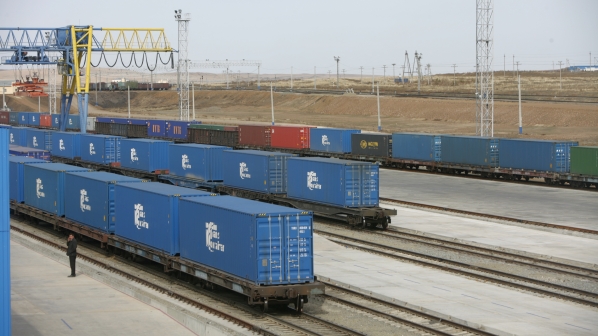A train with containers from Japan was dispatched from the port of Vladivostok to Moscow using only electronic documents, which RZD says reduced the time it takes to process documents at the port by four days.
RZD says the system ensures the effective digital interface between the railway, seaports and customs authorities. The objective is to develop multimodal transport in the Asia-Pacific region and increase the competitiveness of rail transport.
The event was attended by Mr Alexander Misharin, RZD’s first deputy general director, and Mr Yury Tsvetkov Russia’s deputy transport minister.
“Thanks to the integration of the port's information systems, Fesco, Russian Railways, and the customs services, we can provide a single convenient product for shippers,” Misharin says. He says shipment of freight anywhere in the world can be organised electronically in a matter of minutes using this technology.
The system is based on the existing regulatory framework. By using new information technology and logistics services, RZD says it is possible to accompany the transport of a container of any forwarder or operator electronically along the entire route and provide the necessary electronic information not only to the interested parties, but also to customs authorities.
The system is part of the Intertran project initiated by RZD as part of its participation in the Asia-Pacific Regional Assembly of the International Union of Railways (UIC) with support from the United Nations Economic and Social Commission for Asia and the Pacific (Unescap).
Together with its partners, RZD says it plans to extend the system to all international transport corridors.

